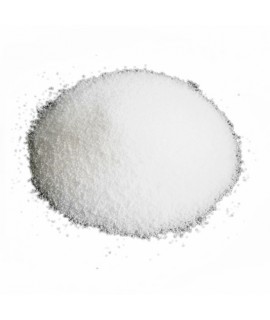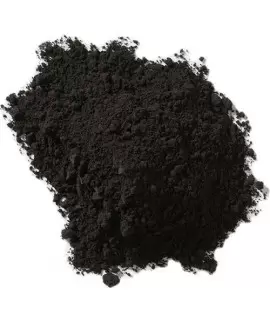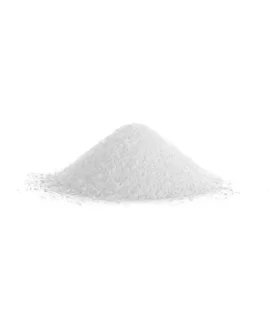MAGNESIUM CHLORIDE (Bishofite), kg
2.20 €
Magnesium chloride hexahydrate, CAS 7786-30-3, bischofite, INCI MAGNESIUM CHLORIDE, magnesium dichloride, magnesium dichloride, magnesium chloride.
Parameter | Attribute | |
Magnesium chloride | Magnesium chloride hexahydrate, bishofite | |
Formula | MgCl2 | |
Structure | 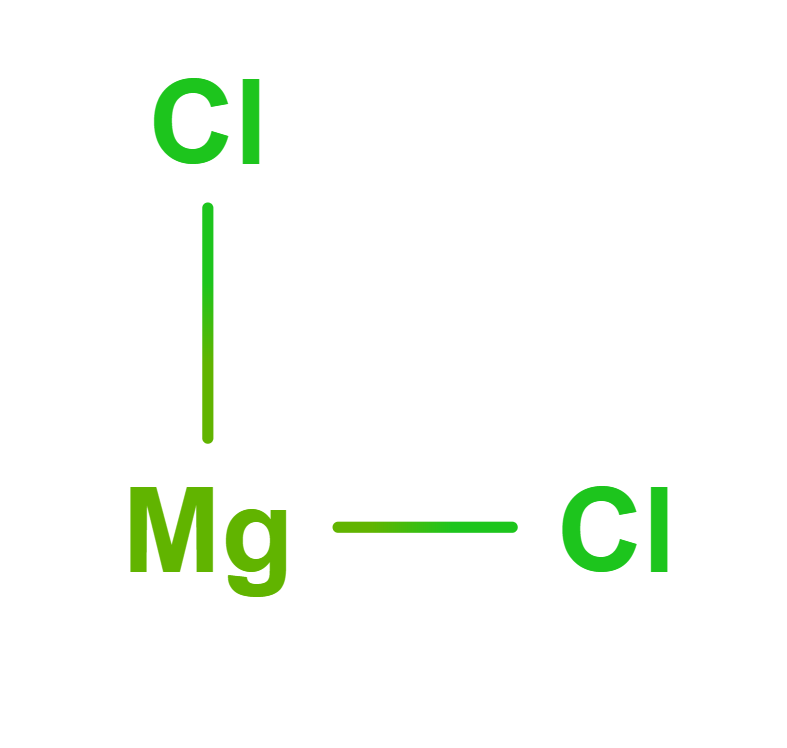 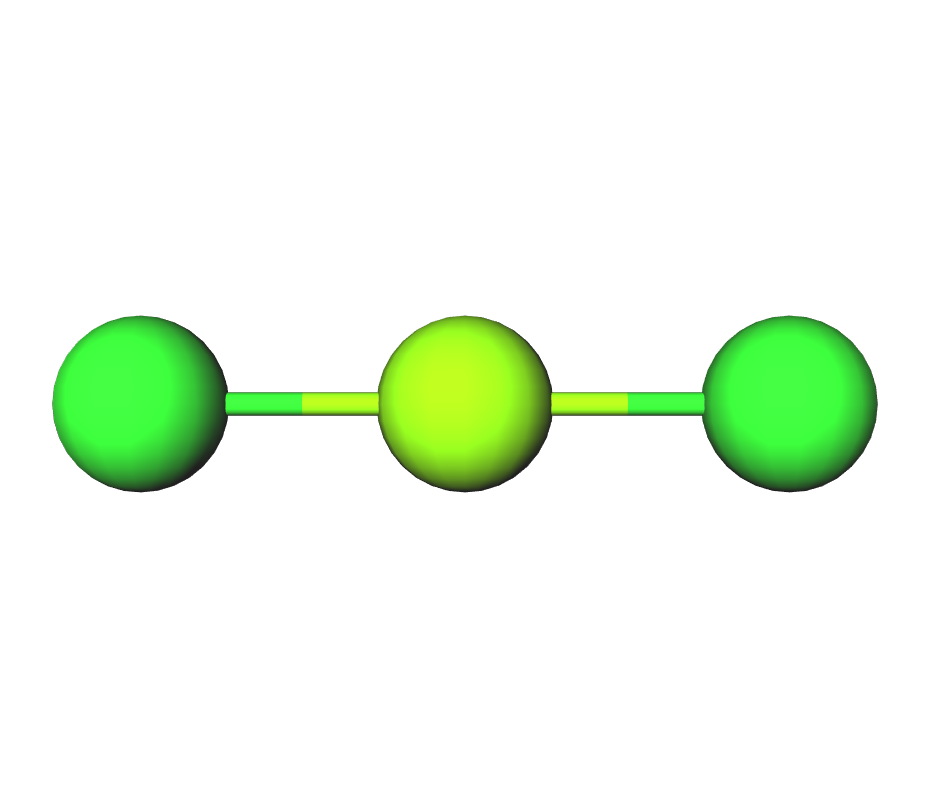 | |
IUPAC | Magnesium dichloride | |
INCI | MAGNESIUM CHLORIDE | |
CAS | 7786-30-3 | |
Molar mass | 95,205 g/mol (anhydrous) 203,31 g/mol (hexahydrate) | |
Density | 2,32 g/cm3 (anhydrous) 1,569 g/cm3 (hexahydrate) | |
Solubility | In water: | anhydrous 52,9 g/100 ml (0 °C) 54,3 g/100 ml (20 °C) 72,6 g/100 ml (100 °C) |
hexahydrate – 167 g/100 ml (20 °C) | ||
In ethanol: | 7,4 g/100 ml (30 °C) | |
Magnesium chloride is a chemical compound with the formula MgCl2 and its various hydrates MgCl2-(H2O)x. These salts are typical ionic halides, highly soluble in water. Hydrated magnesium chloride can be extracted from brine or sea water.
In horticulture, magnesium chloride can be used effectively as a substitute for magnesium sulfate (Epsom salt), helping to correct magnesium deficiency in plants. The recommended dose of magnesium chloride is lower than that of magnesium sulfate (20 g/l). It has been found that higher concentrations of magnesium in tomatoes and some peppers may increase susceptibility to diseases caused by Xanthomonas campestris, as magnesium is essential for bacterial growth.
In water treatment, magnesium chloride is used as a flocculant. It can also be used in aquaculture as one of the cheaper sources of magnesium for cultures. It is particularly suitable for the cultivation of marine cultures.
In cosmetics, magnesium chloride is used to regulate the viscosity/viscosity of cosmetics by increasing or decreasing the viscosity. Most commonly found in shampoos and conditioners. Found as a flavoring agent: Gives a cosmetic product its aroma. Although magnesium chloride itself has no odor, it helps to bring out the odors of other ingredients.
In aquariums, it is used by dissolving 400g of magnesium chloride in 1L of distilled water. The prepared solution is dosed 100ml into 100L of aquarium water. This increases the magnesium content by 100mg/L. It is important not to exceed 100mg/l per day.
In the food industry, magnesium chloride (E511) is an important coagulant used in the production of soya milk tofu. In Japan, it is sold as nigari, a white powder made from seawater when sodium chloride is removed and the water evaporated. In China it is called lushui. Nigari or lushui consists mainly of magnesium chloride, some magnesium sulphates and other trace elements. It is also an ingredient in infant formula milk.
In metalworking, magnesium chloride is used to extract elemental magnesium by electrolysis. It can also be used in the electroplating process. Magnesium chloride is also used as an excipient in Ziegler-Natta catalysts, which are used for the commercial production of polyolefins. The addition of magnesium chloride to these catalysts increases their activity.
In road maintenance, magnesium chloride helps to prevent ice formation, allowing snow ploughs to clear roads more efficiently. Magnesium chloride is used in three ways in de-icing:
- de-icing, where maintenance crews apply magnesium chloride to roads before a snow storm to prevent snow from sticking and forming ice;
- pre-application, where a liquid magnesium chloride formulation is sprayed directly onto the salt, which is then spread on the road surface, wetting the salt so that it sticks to the road;
- pre-treatment of the composition before application, where magnesium chloride and salt are mixed before they are loaded into trucks and spread on asphalted roads.
Calcium chloride erodes concrete twice as fast as magnesium chloride.
Important: Add the item to your basket, fill in the recipient's details and confirm your order. Thank you!
To save your precious time, we will deliver your order to your address at a time convenient for You!
*- The pictures of the goods may not correspond to the actual appearance, color, assembly or shape of the goods and their packaging. The information in the product description is of a general nature and may not correspond to the information on the packaging of the product and may not be the exact use of the product. The information given on the stocks and prices of goods may, in certain cases, differ from the actual prices and stocks of goods
Signal word: not applicable |
Hazard icons: not applicable |
Danger phrases: not applicable |
Precautionary statements: not applicable |
Related products
(8 other products in the same category)


